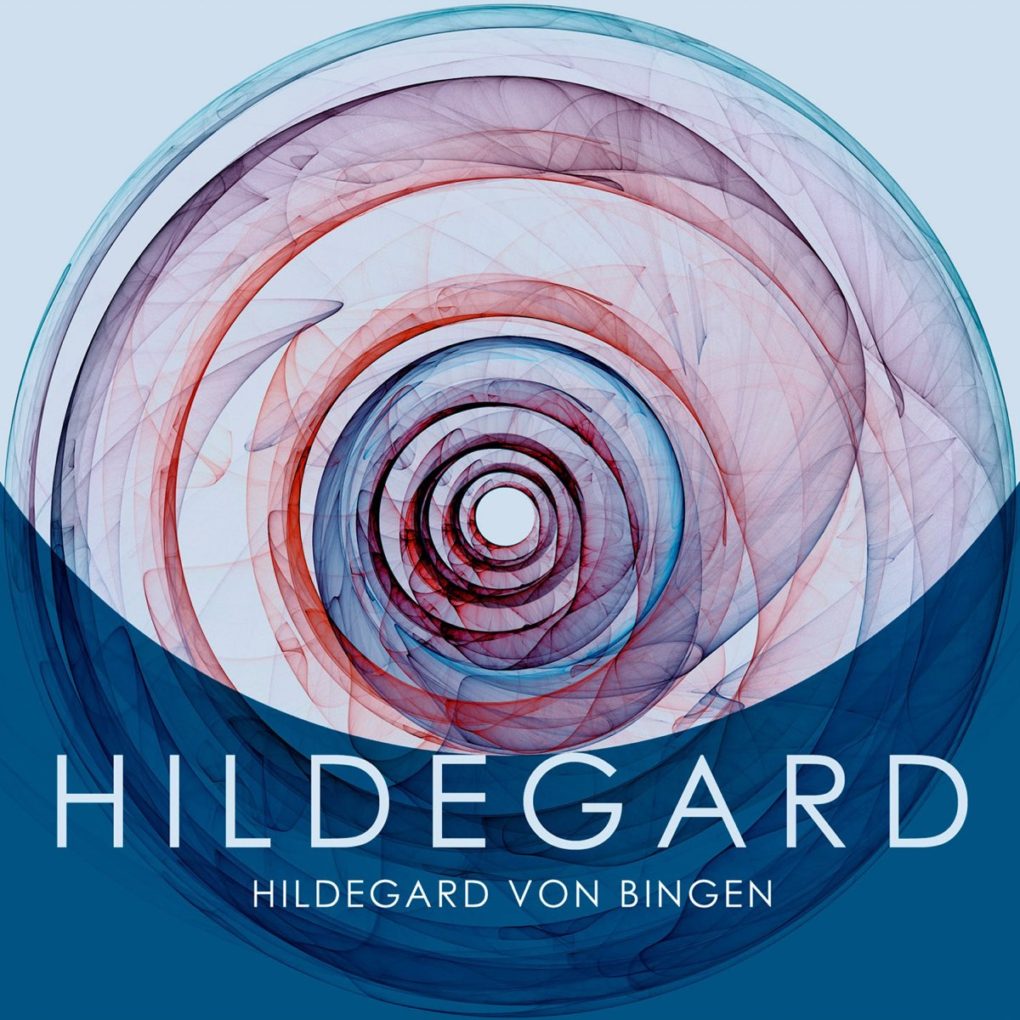
I’m not too familiar with famous people from the Middle Ages (perhaps you’re not either) but at the moment, Hildegard von Bingen is probably my favourite person from a thousand years ago.
She was an abbess of a convent. A philosopher. A playwright. She’s considered the founder of scientific natural history in Germany, having written extensively on the healing properties of various plants, and the connection of the human body to the natural world. She experienced visions from age three. She invented her own language. Which used an alphabet that, yes, she also invented.
To put it mildly, she was an interesting person.
In the world of music she is remembered for her chants; single melodic lines with no harmonies, no instrumentation.
It’s hard to imagine what Hildegard would have thought of the re-interpretations of her work by British musician Stevie Wishart, but bringing medieval music to 21st-Century ears has sort of been the core of Wishart’s distinguished career.
Many of the chants on her 2012 album Hildegard are straightforward recordings – there’s even a “normal” version of “O Virtus Sapientie” – but the ones I find most interesting are the ones labelled “alio modo,” meaning, “in another way.” These re-arrangements extrapolate from Hildegard von Bingen’s simple yet beautiful chants in a wonderful way.
What makes this a beautiful song:
1. The stringed instrument playing along is a medieval harp; the kind of instrument you can easily imagine an angel playing in a stained-glass window.
2. The vocal line. Sung without its original lyrics, it’s just a soaring “aah,” sung with the same strength as the Bulgarian singers sampled in our song from week 473.
3. The original words were a poem in praise of wisdom. Fitting for someone for whom education seemed like a lifelong passion.
Recommended listening activity:
Considering your next hobby.